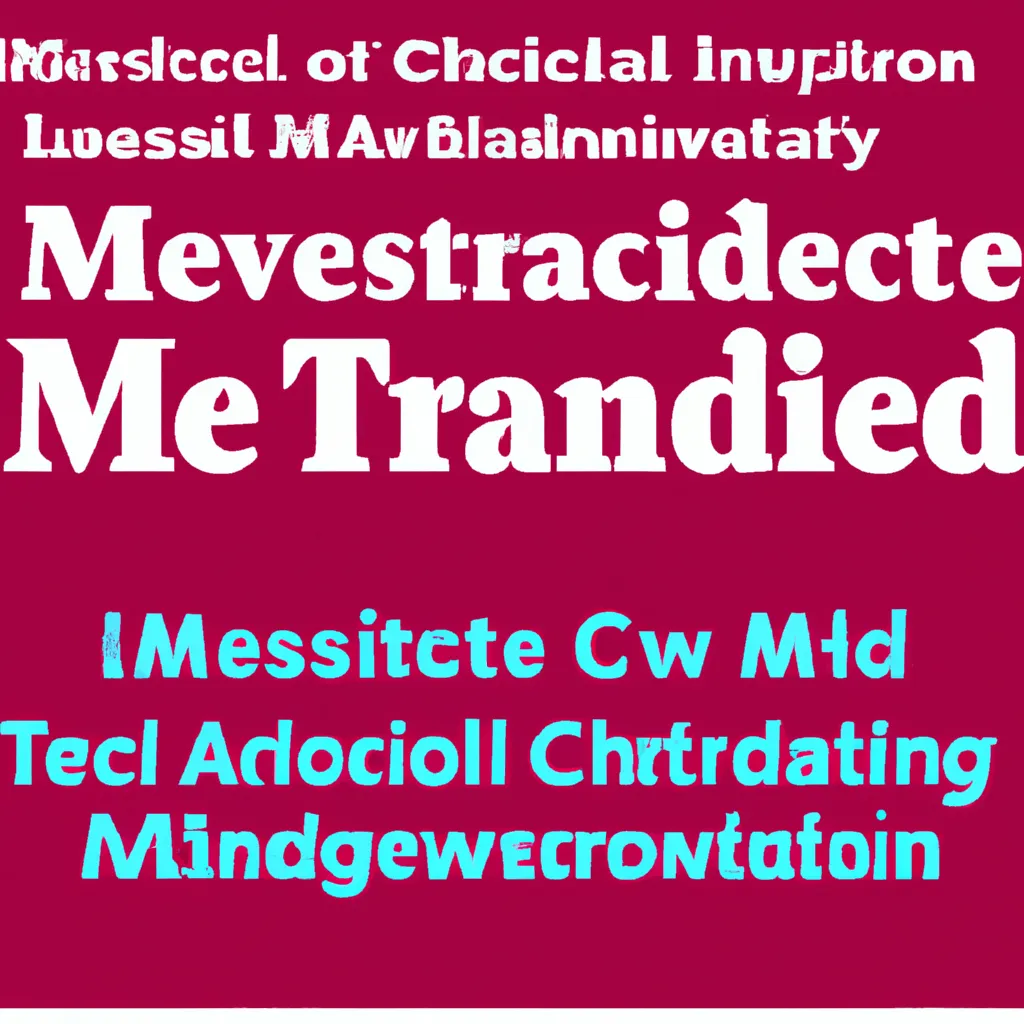Church court clarifies rules on property transfer.

Key Points:
- The Supreme Court of the United Methodist Church has ruled that a challenged church law can only be used to transfer property, not members, to another denomination.
- The court also ruled that the United Methodist Church must have an agreement with another denomination to make such a transfer.
- An agreement with Global Methodist Church, which encourages churches to use this measure to leave The United Methodist Church, does not yet exist.
Separate voting issue of the Bulgaria-Romania provincial annual conference
The Supreme Court has published a memorandum on the vote of the provincial annual conference' 'Bulgaria-Romania to move to Global Methodist Church.
A church law that some have considered a path to leaving the United Methodist Church can only be used to move property, not members, to another denomination, the Supreme Court decision states. "Paragraph 2548.2 establishes a process for the limited purpose of transferring and moving church property to another denomination, but does not apply to membership in a local church," said Decision 1449, which pertains to a clause in the church's bylaws.
The high court also ruled that in order to make such a transfer, the United Methodist Church must already have an existing agreement with another denomination. No such agreement now exists with Global' 'Methodist Church, a new theologically conservative denomination founded this year.
The new denomination is trying to force the annual conferences of the United Methodist Church, the church's regional bodies, to allow churches to use the measure to withdraw from the United Methodist Church. The Supreme Court decision disputes that the measure can be used for that purpose.
Memorandum concerns conference withdrawal
The Supreme Court also released another decision Aug. 23 regarding a vote by the Bulgaria-Romania Provincial Annual Conference to move from the United Methodist Church to the Global Methodist Church. The church court said it could do nothing because' 'The bishop did not receive a formal question of law and did not seek a declaratory judgment from the Supreme Court. The conference's decision to withdraw was unanimous.
In two concurrences and one dissent, however, members of the Supreme Court made clear their view that the conference was acting contrary to the denomination's rules...
Section 2548.2 also says that such a transfer must be made "as part of a distribution, exchange of property, or committee agreement." The church statute specifies that such an agreement must be in writing, "signed and approved by the officers of both parties involved. "
After the launch of the Global Methodist Church on May 1, the United Methodist Council of Bishops' 'churches have asked the Supreme Court a number of questions about the provision.
5 May 2025
14 May 2025




"Subject to approval and ratification by the General Conference," the Supreme Court responded, "the Council of Bishops is the body authorized to determine if a regulation qualifies as a 'denomination' and to negotiate and enter into an 'apportionment, exchange of property, or committee agreement' within the meaning of s. 2548.2. "
In other words, the Church Court determined that the Regulations gave the Council of Bishops the authority to negotiate with other denominations and develop ecumenical' 'covenant. However, the General Conference, the highest legislative body of The United Methodist Church, must approve the covenant before it can take effect. General Conference normally meets every four years. However, due to delays caused by COVID, the next legislative assembly has been postponed three times from 2020 to 2024.
The Supreme Court stated that 2548.2 can only be used in conjunction with other procedures in the Rules that modify the membership and ministry of local churches, such as interdenominational association of local churches and ecumenical shared ministries.
The church court stated that the annual conference may direct church trustees to move property to another denomination only' 'if the following four conditions are met:
- There must already exist a written property exchange, allotment, or committee agreement between The United Methodist Church and the host denomination that has been signed by the Council of Bishops and approved by the General Conference.
- The agreement shall be in accordance with the connectional policies of The United Methodist Church and shall not contain provisions prohibited or not authorized by church law.
- The church or conference shall convene and adopt a resolution requesting the transfer of property by a majority vote of the members present.
- The presiding bishop, a majority of the district superintendents, and' 'Majority of District Council on Church Location and Construction.
'Any use, application, or enforcement of s. 2548.2 or exercise of that right by an annual conference without any, except, prior to, or contrary to these four conditions would be unconstitutional, void, and unenforceable,' the church court ruling reads.
With all the complexities of 2548.2, the Supreme Court pointed to another provision - 2553 - which the 2019 Special General Conference adopted for the express purpose of "Separating local churches because of issues related to human sexuality." Under paragraph 2553, congregations may walk away with property and members if they fulfill certain financial and procedural' 'obligations. This is different from 2548.2, which applies only to property.
Comment
Popular Posts
Popular Offers

Subscribe to the newsletter from Hatamatata.com!
Subscribe to the newsletter from Hatamatata.com!
I agree to the processing of personal data and confidentiality rules of Hatamatata










